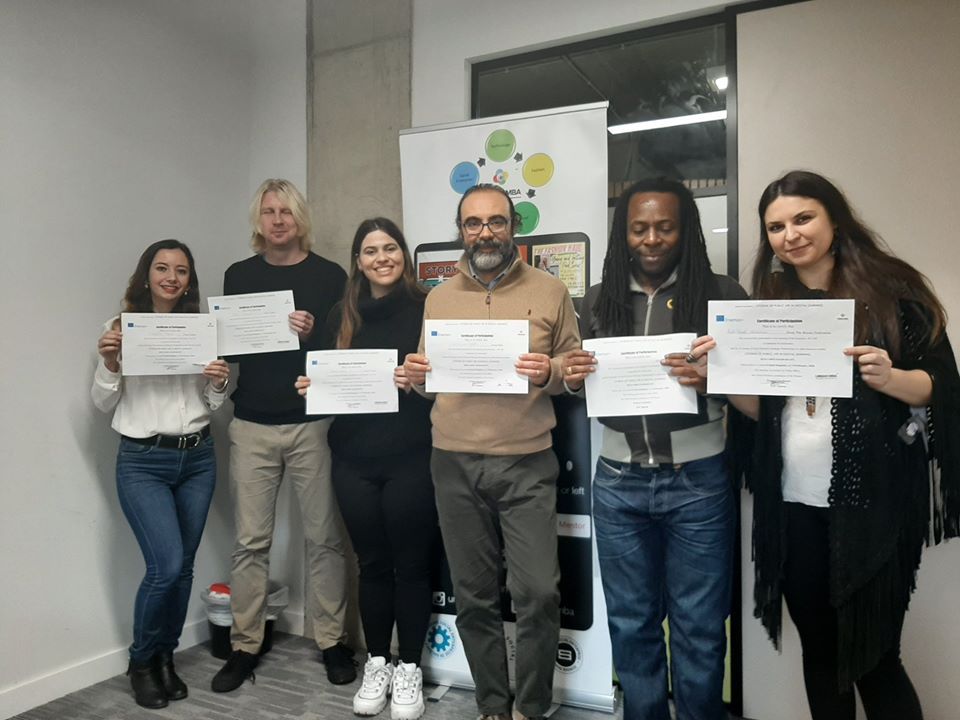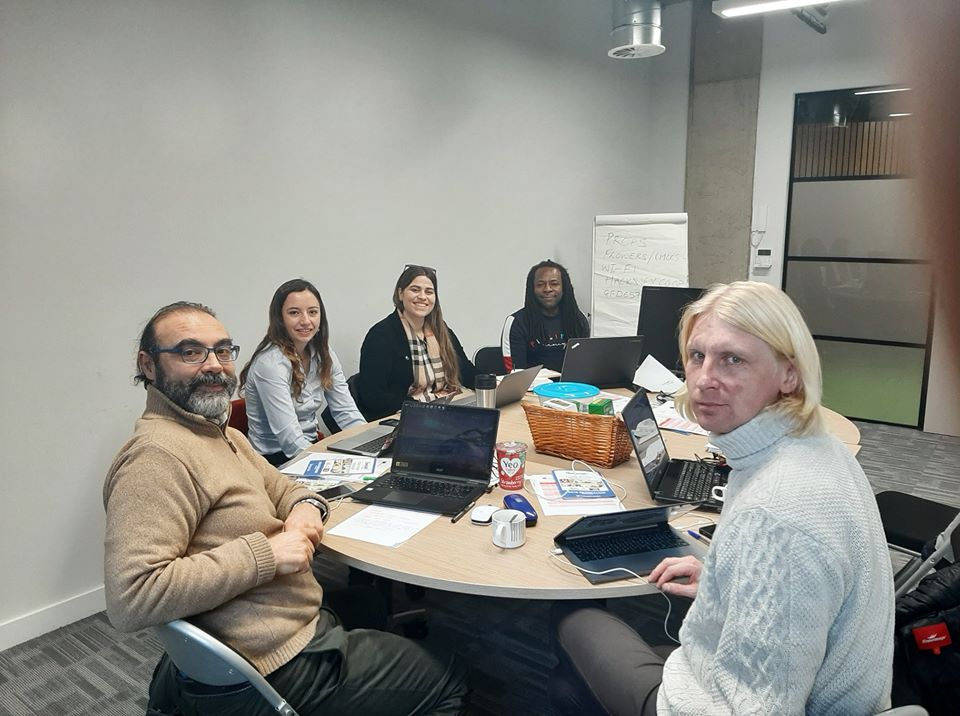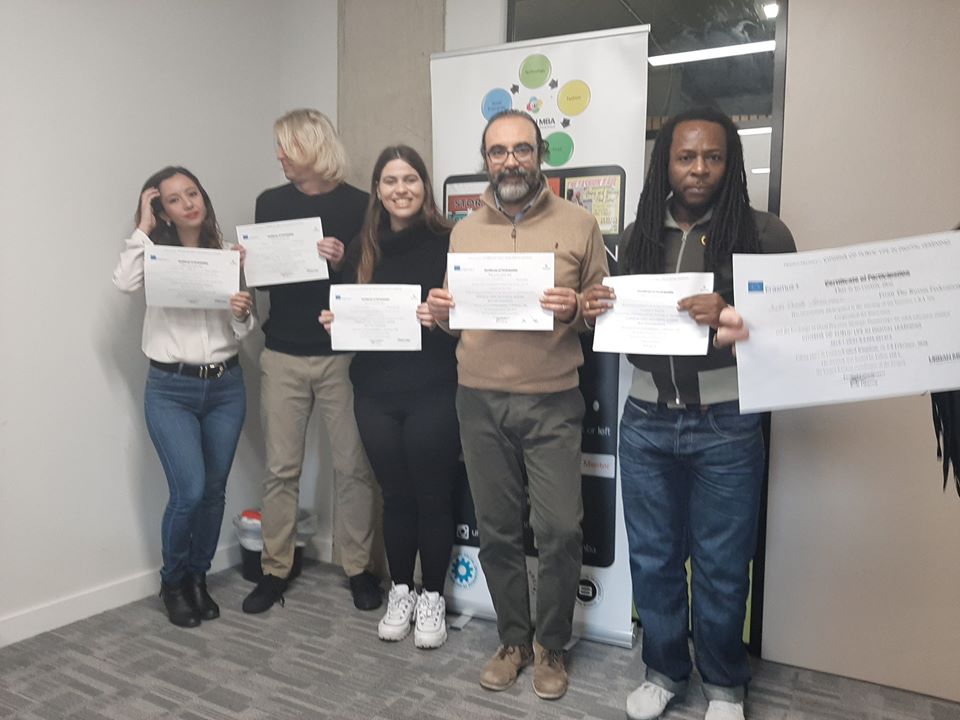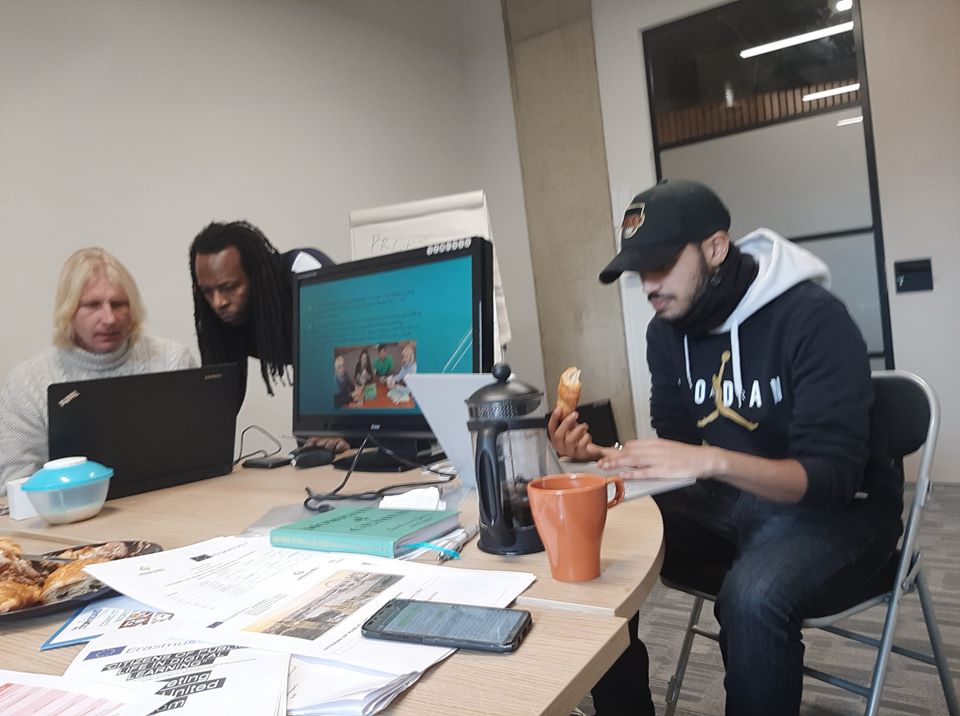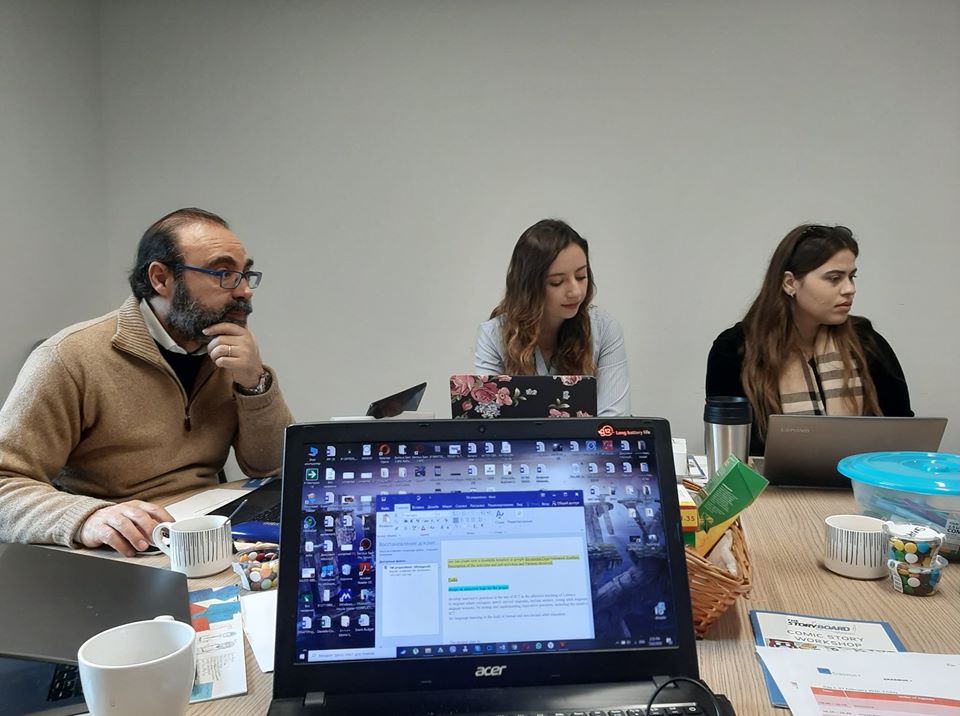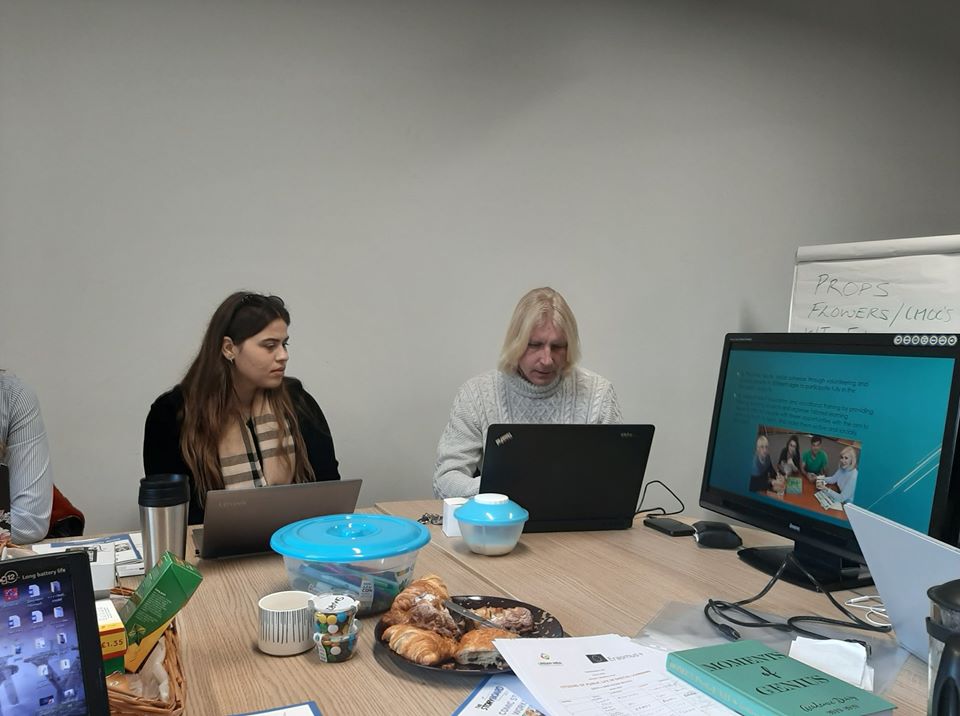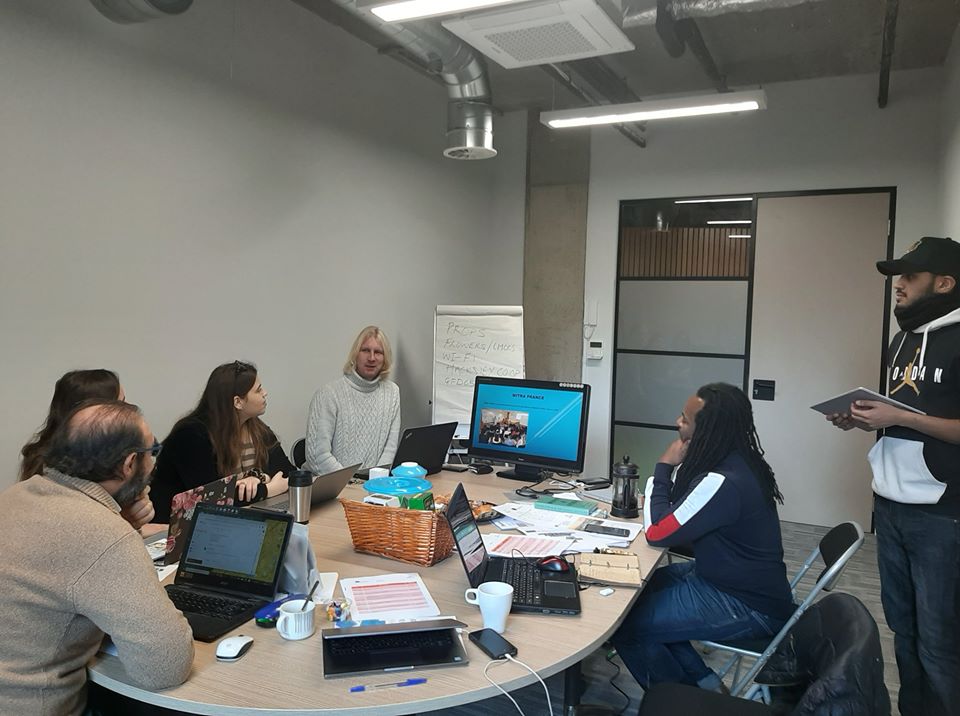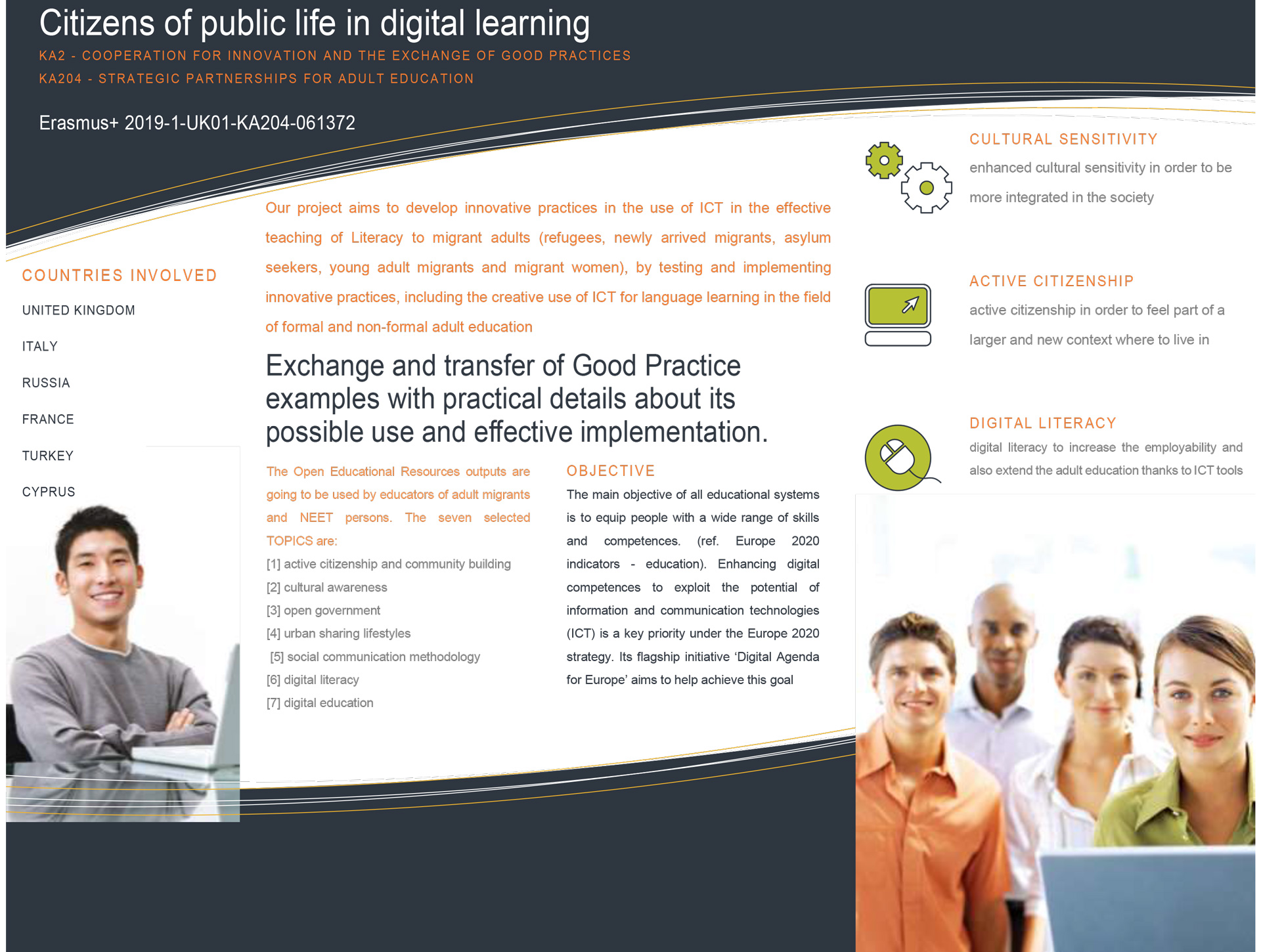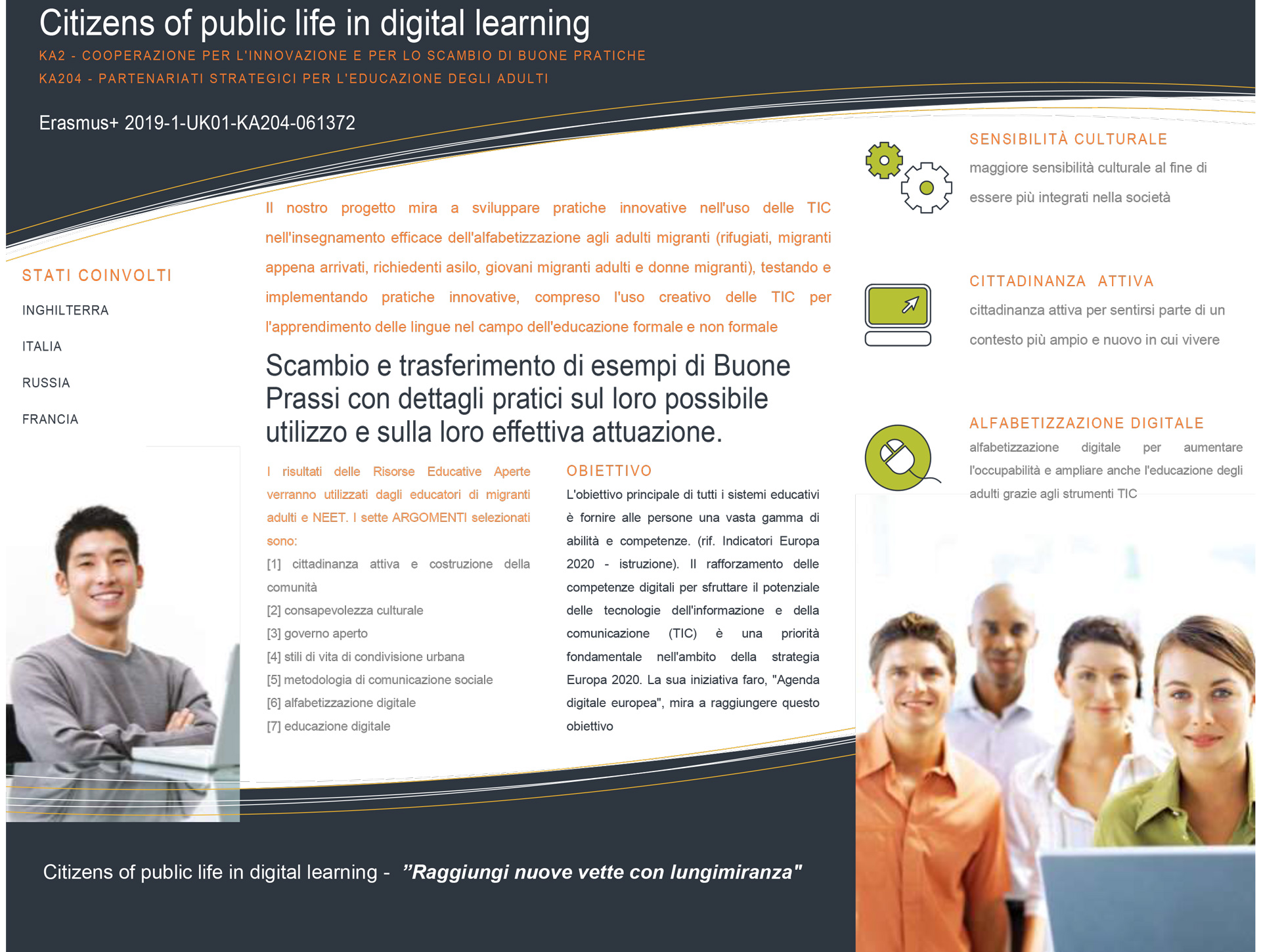“INTEGRATION THROUGH SOCIAL AND DIGITAL LEARNING “
CONTEXT/BACKGROUND
European countries have to support the integration of third-country nationals (non-EU citizens) much more than they have in the last half a century. In 2015, the number of asylum applications in Europe reached 1.3 million, three times what it was in 2013 and twice what it was in 2014. These numbers have diminished in 2017–18, due to increased control imposed by the EU Member States.
However, the question of how to provide knowledge, information, and education that can support the integration of those who are arriving or are already in Europe, remains a glaring priority.
The increasing number of migrants and asylum seekers arriving in Europe places new demands on European education systems.
In this context, the role that free digital learning (FDL) could play in fostering inclusion has attracted the renewed interest of NGOs. Adult migrants must seem to participate more in less formal types of education: individuals between 25-54 years old, born outside of the EU, tend to participate more in lifelong learning activities than individuals of the same age living in the EU Member State they were born in.
Eurostat, 2016
Various studies have found that learning is critical for migrant inclusion subsequently, the importance of providing education for migrants and refugees has been recognised by governments and national and international organisations. This vision goes beyond access to formal education, and recognition of prior learning, and also recognises the importance of less formal types of education.
Our project aims to develop innovative practices in the use of ICT in the effective teaching of Literacy to migrant adults (refugees, newly arrived migrants, asylum seekers, young adult migrants and migrant women), by testing and implementing innovative practices, including the creative use of ICT for language learning in the field of formal and non-formal adult education
EMERGING NEEDS
Migrants and NEET have to increase the knowledge and skills related to:
(a) Enhanced culturаl sеnsitivity to be more integrated into society.
(b) Active citizenship to feel part of a larger and new context where to live in.
(c) Digital literacy to increase the employability and also extend the adult education thanks to ICT tools.
PATHWAY
Exchange and transfer of Good Practice examples with practical details about its possible use and effective implementation.
The Open Educational Resources outputs are going to be used by educators of adult migrants and people who are NEETs.
The seven selected TOPICS are:
1. active citizenship and community building
2. cultural awareness
3. open government
4. urban sharing lifestyles
5. social communication methodology
6. digital literacy
7. digital education

